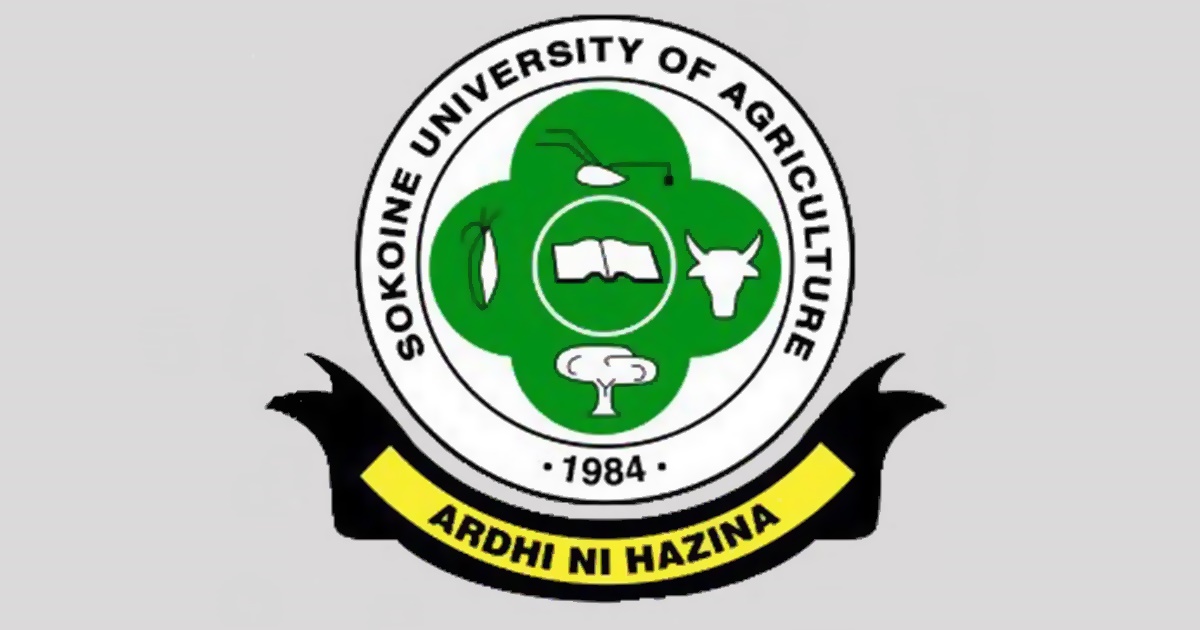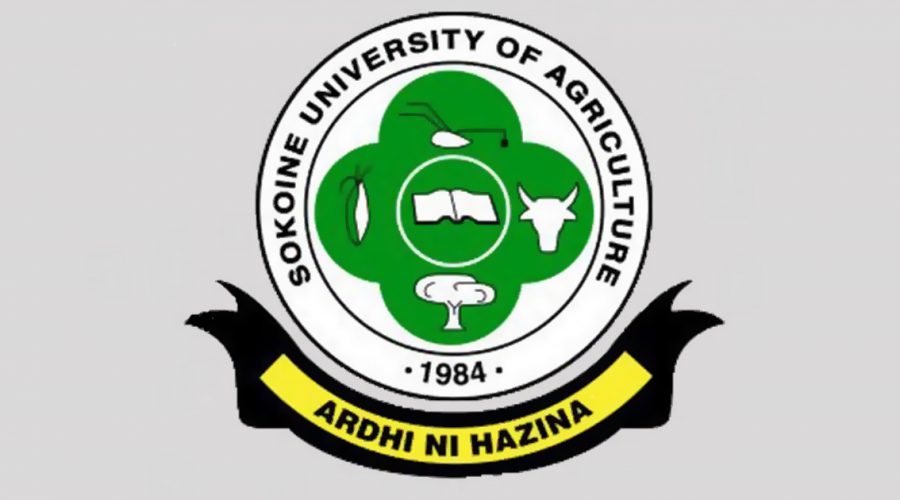Candidate: Joel Matiku Joshua
Joel is a lecturer of Psychology, Education and Development studies. Worked at University of Dar es salaam, Open University of Tanzania, and currently at Mwalimu Julius Kambarage Nyerere University of Agriculture and Technology (MJNUAT). He was registered as a PhD candidate at Sokoine University of Agriculture in 2018 in the Department of Development Studies (DDS), College of Social Sciences and Humanities (CSSH).
Thesis Title: Cognitive correlates of adoption of improved cassava processing technologies among farmers in Lake zone, Tanzania
Supervisors: Prof. Fatihiya Ally Massawe and Dr. Amani A. Mwakalapuka
Date and Time: 10th November 2020; 09:30 hrs
Venue: Postgraduate Seminar Room
Mode of defense: Face-to-face/Online
Panelist Team:
- Catherine Msuya (Chairperson)
- Benectito Msangya (Appointee of the Principal)
- Aman Mwakalapuka (Supervisor)
- Zebadayo S.K. Mvena (Internal Examiner)
- Mikidadi Muhanga (Appointee of the Head)
Summary of Main Findings
Low acceptance and adoption of farming technologies has been reported in various studies from both developed and developing countries, including Tanzania. Studies addressing low adoption rates of the improved cassava processing technology have placed little emphasis on cognitive variables in their conceptual frameworks. Through the psychological approach and with application of the Social Cognitive Theory, this study sought to investigate cognitive correlates of adoption of improved cassava processing technology among farmers in Tanzania. This study specifically sought to; examine the relationship between the farmers’ attitudes towards improved cassava processing technology and its adoption; investigate the relationship between the farmers’ perceived self-efficacy and adoption of the improved cassava processing technology; examine the relationship between the farmers’ cognitive flexibility and adoption of improved cassava processing technology; and to explain adoption of the improved cassava processing technology from cognitive viewpoint when all intervening variables are put under control. Data were collected using a cross-sectional correlational survey among purposively selected sample of 360 respondents from Mara, Mwanza and Kagera regions in Tanzania. The study respondents were exposed to a questionnaire with instruments that measured attitude, perceived self–efficacy, cognitive flexibility and adoption of the improved cassava processing technology. The questionnaire was also comprised of socio-demographic variables such as age, sex, education level, training on cassava processing technology, participation in other economic activities and intention to adopt.
The Component Principle Analysis was used to check the psychometric structures of the scales; Chi-square for independence was used to check the association between cognitive traits and adoption; The Pearson product moment correlation analysis was performed to assess correlation among cognitive traits and between them and adoption; and binary logistic regression analysis supplemented the analyses to explain adoption from cognitive traits while controlling for other non-cognitive variables. It was found that cognitive traits such as attitude, perceived self-efficacy, cognitive flexibility as well as one non-cognitive trait (training on improved cassava processing technology) explained adoption of improved cassava processing technology. The thesis indicates that each cognitive trait explain adoption in specific implementation stage differently from the other. The thesis concludes that cognitive traits such as attitude towards improved cassava processing technology, perceived self-efficacy and cognitive flexibility partly explain adoption of the improved cassava processing technologies. It is recommended to adoption promotion agents including the Government and non-government stakeholders that from the onset of introduction of the cassava processing technologies, training that is given to farmers should be tailored in a way that it may develop cognitive traits among the farmers. This may help improve adoption of improved cassava processing technologies in all its implementation stages.
Join Zoom Meeting
https://us02web.zoom.us/j/
Meeting ID: 816 8356 7221
Passcode: 260343






